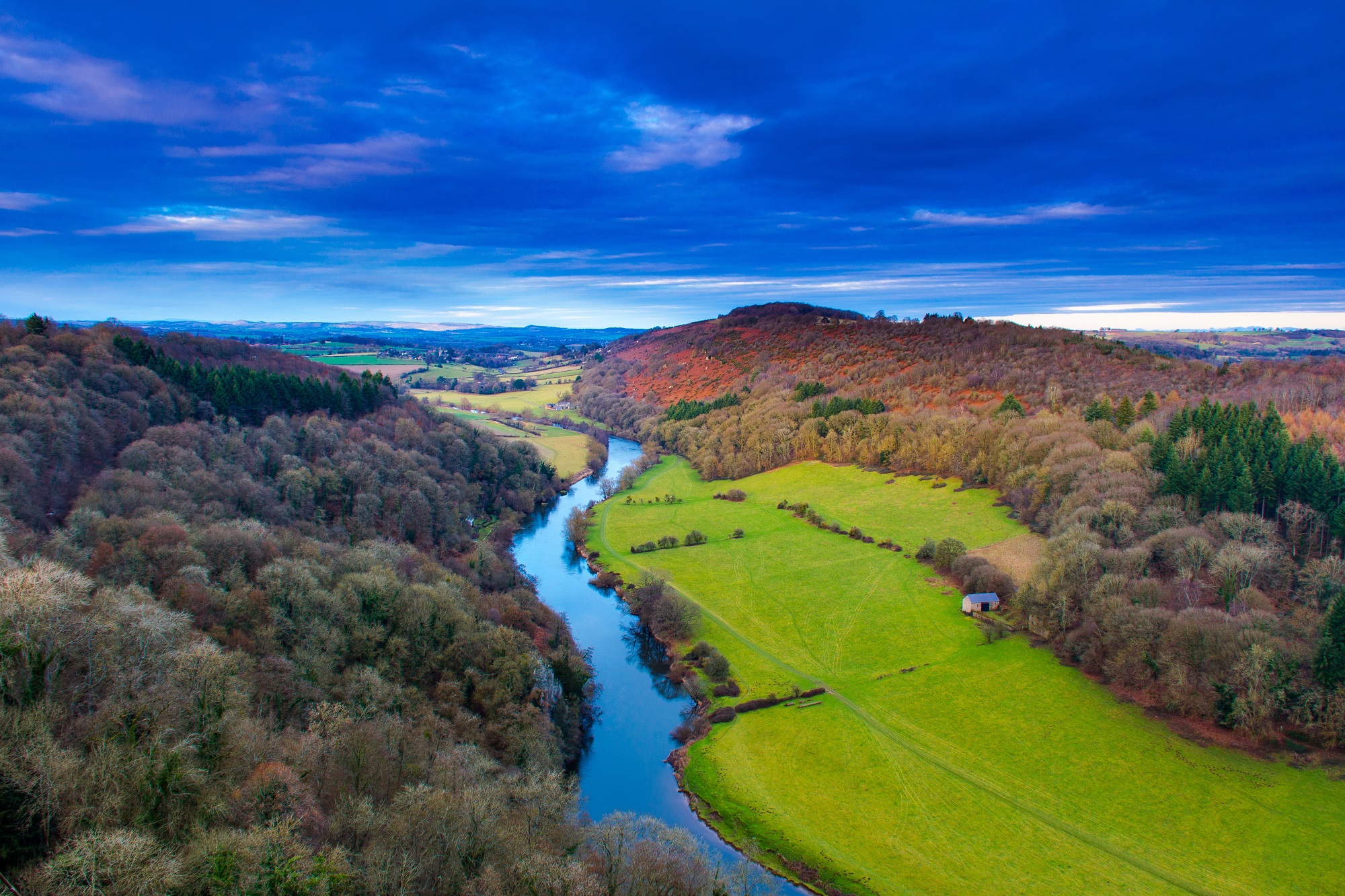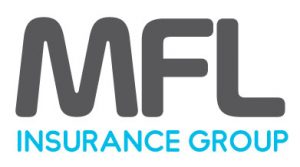2022 Awards Winners Spotlight: Consultancy of the Year – Small
DTA Ecology
DTA Ecology was formed in 2015 and has established an extensive public sector client base across England, Wales, Scotland and Northern Ireland. Working with statutory advisers, DTA Ecology is closely involved with the delivery of detailed advice and practical guidance on the interpretation and application of the Habitats Regulations, and operates at the interface between air quality and ecosystems. Beyond exerting a significant influence over national policy and guidance, work led by DTA Ecology has delivered high quality practical outcomes in respect of ensuring protection to
designated sites whilst removing barriers to sustainable development proposals.
DTA Ecology’s strengths lie in the considerable influence which the consultancy exerts within a public sector client base and the ability to interpret the requirements of the Habitats Regulations within a ‘real world’ context. DTA’s client base ensures a wealth of experience within the company across a wide range of sectors from offshore wind, agriculture, transport and development proposals through to site management considerations, learning and development.
Exemplar projects include a commission from the Joint Nature Conservation Committee to produce new guidance on decision making thresholds for air pollution which can be applied to inform the assessment of air quality related impacts upon designated conservation sites. This work was subject to extensive legal and peer review and will influence decision-making across the UK.
DTA Ecology has also been involved in the development of approaches to address excess nutrients in rivers in Wales. DTA Ecology developed a strategic approach to the issue of nutrients within the River Dee catchment as part of work commissioned by Wrexham Council in respect of their local plan and has also been commissioned by Natural Resources Wales to draft advice on ‘Setting the framework for the Habitats Regulations Assessment of small phosphorus discharges’ (2021). This work will inform the development of internal policy on the use of threshold based approach to riverine stretches which might be applied to ‘small discharges’ in order to minimise unnecessary assessment effort.

Since establishing DTA Ecology in 2015, Dr Caroline Chapman has trained over 1500 practitioners in the interpretation and application of the Habitats Regulations. DTA Ecology provides training on challenging areas of HRA interpretation including ‘Dealing with in combination’, ‘Dealing with the derogations’ and ‘Dealing with Air Quality’. Caroline frequently writes articles for the Habitats Regulations Assessment Journal which encourage debate and sharing best practice.
Caroline regularly attends events and conferences and frequently provides input to the development of related policy and guidance. Caroline spoke at the Routes to Clean Air Conference in 2021 and attended the Committee on Air Pollution Effects Research (CAPER) Conference in March 2022. DTA also provided input to the development of the CIEEM/ IAQM guidance on the assessment of air quality impacts on designated nature conservation sites.
DTA Ecology has operated a fully electric company car since 2019. Work travel has been significantly reduced over recent years due to the pandemic, but generally DTA Ecology seeks to minimise travel wherever possible. For longer journeys DTA Ecology makes use of public transport. DTA Ecology also operates under an Environmental Policy Statement with policies in respect of purchasing, recycling, travel, maintenance and working practices.
We are posting further information on each of the 2022 CIEEM Awards Winners over on our blog.

